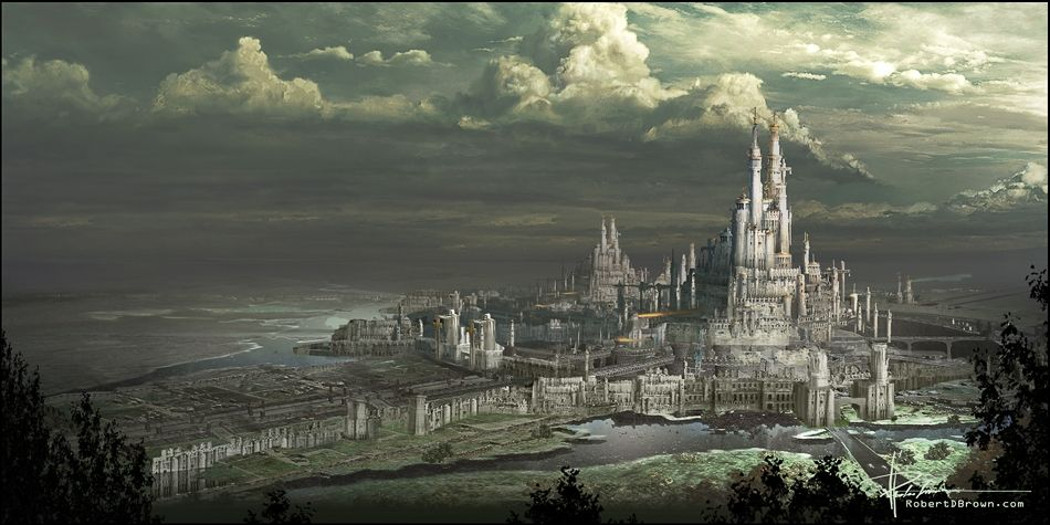Caer Sidi: Difference between revisions
Jump to navigation
Jump to search
| Line 14: | Line 14: | ||
== Servants of the Three Kings == | == Servants of the Three Kings == | ||
* '''Tencteri''' -- The Tencteri or Tenchteri or Tenctheri (in Plutarch's Greek, Tenteritē and possibly the same as the Tenkeroi mentioned by Claudius Ptolemy if these were not the Tungri were an ancient tribe, who moved into the area on the right bank (the northern or eastern bank) of the lower Rhine in the 1st century BC. | * '''Tencteri''' -- (''the faithful'')-- The Tencteri or Tenchteri or Tenctheri (in Plutarch's Greek, Tenteritē and possibly the same as the Tenkeroi mentioned by Claudius Ptolemy if these were not the Tungri were an ancient tribe, who moved into the area on the right bank (the northern or eastern bank) of the lower Rhine in the 1st century BC. | ||
* '''Ghosts''' -- | * '''Ghosts''' -- | ||
Revision as of 11:45, 13 February 2021

"The strong-doored, foursquare fortress of glass, manned by its dumb, ghostly sentinels, spun round in never-ceasing revolution, so that few could find its entrance; it was pitch-dark save for the twilight made by the lamp burning before its circling gate; feasting went on there, and revelry, and in its centre, choicest of its many riches, was the pearl-rimmed cauldron of poetry and inspiration, kept bubbling by the breaths of nine British pythonesses, so that it might give forth its oracles."
The Four Fold Fortress
Sons of Carmun
Servants of the Three Kings
- Tencteri -- (the faithful)-- The Tencteri or Tenchteri or Tenctheri (in Plutarch's Greek, Tenteritē and possibly the same as the Tenkeroi mentioned by Claudius Ptolemy if these were not the Tungri were an ancient tribe, who moved into the area on the right bank (the northern or eastern bank) of the lower Rhine in the 1st century BC.
- Ghosts --